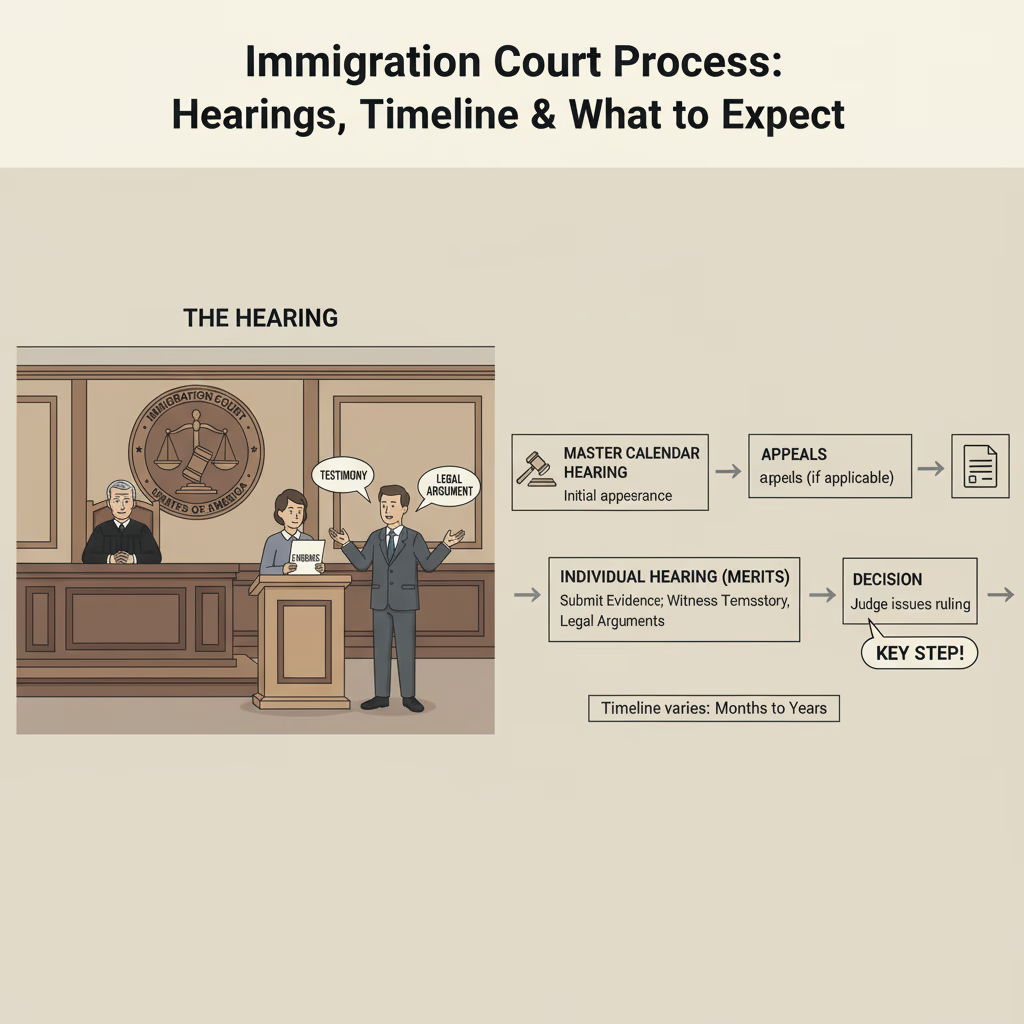Immigrating to a new country is an exhilarating step toward a fresh chapter in life. However, with evolving processes and growing demand, immigration scams remain a persistent threat. Scammers prey on hopeful immigrants, using deception to steal money, personal information, or both. Protecting yourself starts with awareness. This article covers the top immigration scams to watch out for in 2025, how to spot them, and actionable steps to safeguard yourself.
Common Immigration Scams in 2025
1. Fake Immigration Consultants
Unlicensed or fake immigration consultants are one of the most common scams. These individuals pose as officials or experts, charging exorbitant fees for fraudulent services. They promise expedited visas, guaranteed application success, or access to jobs in exchange for payment upfront—offers that legitimate immigration processes never guarantee.
Red Flags:
- No official credentials or certifications.
- Demand for immediate or high payments.
- Pressure to act without reviewing documents or contracts.
2. Phishing Emails and Fake Websites
Phishing scams often start with fraudulent emails or websites designed to look like legitimate government portals. These fake platforms trick applicants into entering sensitive information, such as passport details or bank account numbers, which the scammer steals.
Red Flags:
- Unofficial email domains (e.g., @gmail.com instead of a government domain like @uscis.gov).
- Poorly designed websites with spelling and grammar mistakes.
- Requests for sensitive information directly via email.
3. Fraudulent Job Offers
Many scams revolve around “too-good-to-be-true” job offers, promising high salaries and guaranteed work visas. Victims are often asked to pay fees for visa processing or job placement, only to never hear from the scammer again.
Red Flags:
- Unsolicited job offers from unknown companies.
- Upfront payment required for employment processing.
- Employer avoids in-person interviews or proof of legitimacy.
4. Fake Government Calls or Letters
Scammers impersonate government immigration officials and use intimidation tactics to extract money or information. They may claim that you’re at risk of deportation due to an error or missing paperwork, demanding immediate payment to resolve the issue.
Red Flags:
- Threats of legal action or deportation over the phone.
- Demands for payment via gift cards, wire transfers, or cryptocurrency.
- Lack of verifiable confirmation of their identity or position.
5. Lottery or Green Card Scams
Scammers exploit visa lottery programs by claiming they can help you secure a winning spot—for a hefty fee. Sometimes, phishing emails claim you’ve won the lottery but require payment to finalize the process.
Red Flags:
- Unofficial lottery notification emails.
- Requests for fees to process lottery winnings.
- Claims of guaranteed success in random lottery programs.
How To Protect Yourself From Immigration Scams
1. Verify Credentials
Legitimate immigration consultants are registered and licensed in their respective countries. Always verify their credentials before working with anyone claiming to be an immigration expert. Government websites, like the United States Citizenship and Immigration Services (USCIS), often have resources to confirm accredited individuals or organizations.
2. Avoid Upfront Payments
Legitimate immigration services rarely, if ever, require large upfront payments. Be cautious of anyone asking for immediate payment without providing a detailed, written breakdown of costs and services.
3. Recognize Communication Red Flags
Government agencies don’t typically communicate via personal emails, social media, or text messages. Official correspondence usually comes from verified domains and follows established protocols.
4. Use Official Channels
For visa applications, job searches, or program inquiries, always rely on official government websites. Bookmark these pages and avoid third-party services promising shortcuts or guaranteed outcomes.
5. Educate Yourself About Common Scams
Stay informed by following immigration updates and public advisories from trusted organizations and government authorities. Knowing the latest scam tactics is often your best defense.
Example:
The Federal Trade Commission (FTC) and USCIS issue public warnings about ongoing scams. Before taking action, check if your situation matches reported incidents.
What To Do If You’ve Fallen Victim to an Immigration Scam
1. Report the Scam to Authorities
Contact local or national authorities to report the incident. For example, in the United States, you can file a complaint with the Federal Trade Commission (FTC) or contact the USCIS’s fraud detection and prevention unit.
2. Freeze Your Financial Accounts
If you’ve shared financial details, contact your bank immediately to freeze accounts and monitor for unauthorized transactions.
3. Seek Legal Assistance
Consult an accredited immigration lawyer to assess the impact of the scam and get assistance in mitigating any potential damage. They can also help clarify your current immigration status if the scam involved fake paperwork or incorrect processes.
4. Secure Your Identity
If your personal information has been compromised, consider running credit checks and placing fraud alerts on your accounts. This step helps prevent identity thieves from exploiting your data further.
5. Share Your Experience
By reporting the scam and sharing your story with immigrant communities, you can help others avoid falling victim to similar schemes.
Final Thoughts
Immigration scams are becoming more sophisticated, but understanding their warning signs is the first step to protecting yourself. Always verify credentials, use official channels, and maintain a healthy level of skepticism when dealing with unsolicited offers or requests. If you find yourself targeted or victimized, act swiftly by reporting the incident and seeking professional help.
By staying alert and informed, you can ensure your immigration experience is safe and successful. Remember, knowledge is your best defense against fraudsters. Stay vigilant and share this information with others who might benefit from it!






